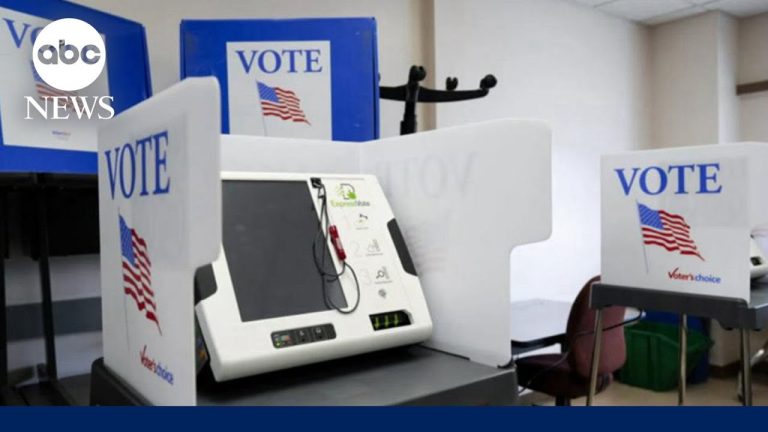February 17, 2011- The fallout from the Supreme Court's decision in Citizens United v. Federal Election Commission keeps coming.
The case loosened restrictions on corporations that do political campaigning with the proviso that they do it without working with candidates. But in a little-noticed document, three FEC commissioners have said they think corporations should be allowed to raise money directly for candidates.
As it is now, corporations are prohibited from helping candidates raise money. The furthest they can go is allowing a candidate to hold fundraisers on their property, and even then, the campaign must pay for the space in advance. But the three commissioners, all Republicans, said those prohibitions are "at best suspect" in light of Citizens United's protection of free speech for corporations.
The commissioners' statement, while not a change in the law or regulations, indicates how far they are willing to take the court's decision when policing the rules for money in politics.
"The idea that corporations could finance and underwrite fundraising for candidates without limit is something that would fully open the spigot," said Larry Norton, a lawyer with Womble Carlyle and a former general counsel for the FEC. "If a corporation can host a major fundraising event with entertainment, with food, with everything else that goes into a top-flight event and it can use corporate funds to do so, that's a big change from where we are now."
It's unlikely that major corporations would jump into the fray, given that the rules prohibiting such activity are still on the books. Any change would require one of the commission's three Democrats to join in a repeal, and the chances of that happening are low.
Indeed, it's going to be hard enough for the panel to rewrite the rules that were directly affected by the case. Late last month, it was unable to get past the first step in that process – notifying the public and seeking comments. The commission deadlocked in a 3-3 vote on the scope of the changes that need to be made.
"They leave corporations and nonprofits in a very uncertain posture heading into the 2012 elections," Norton said.








